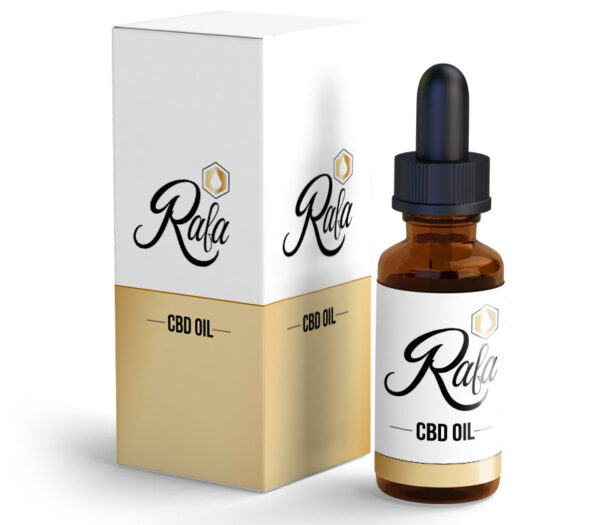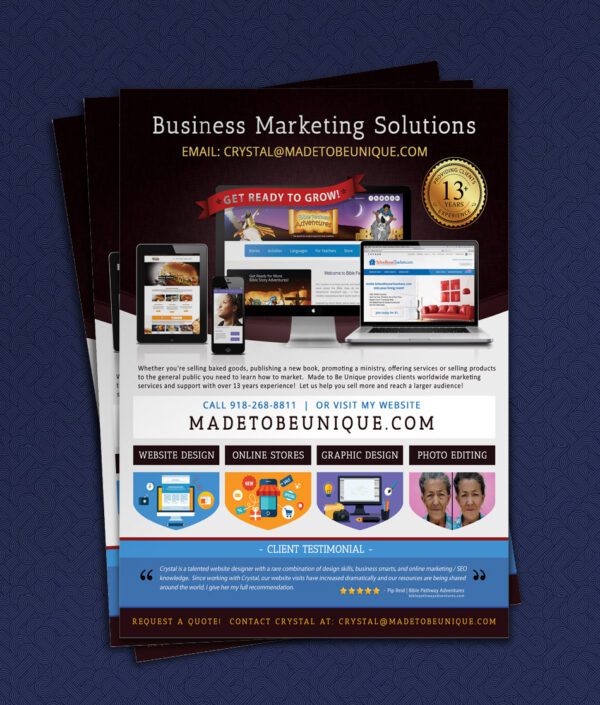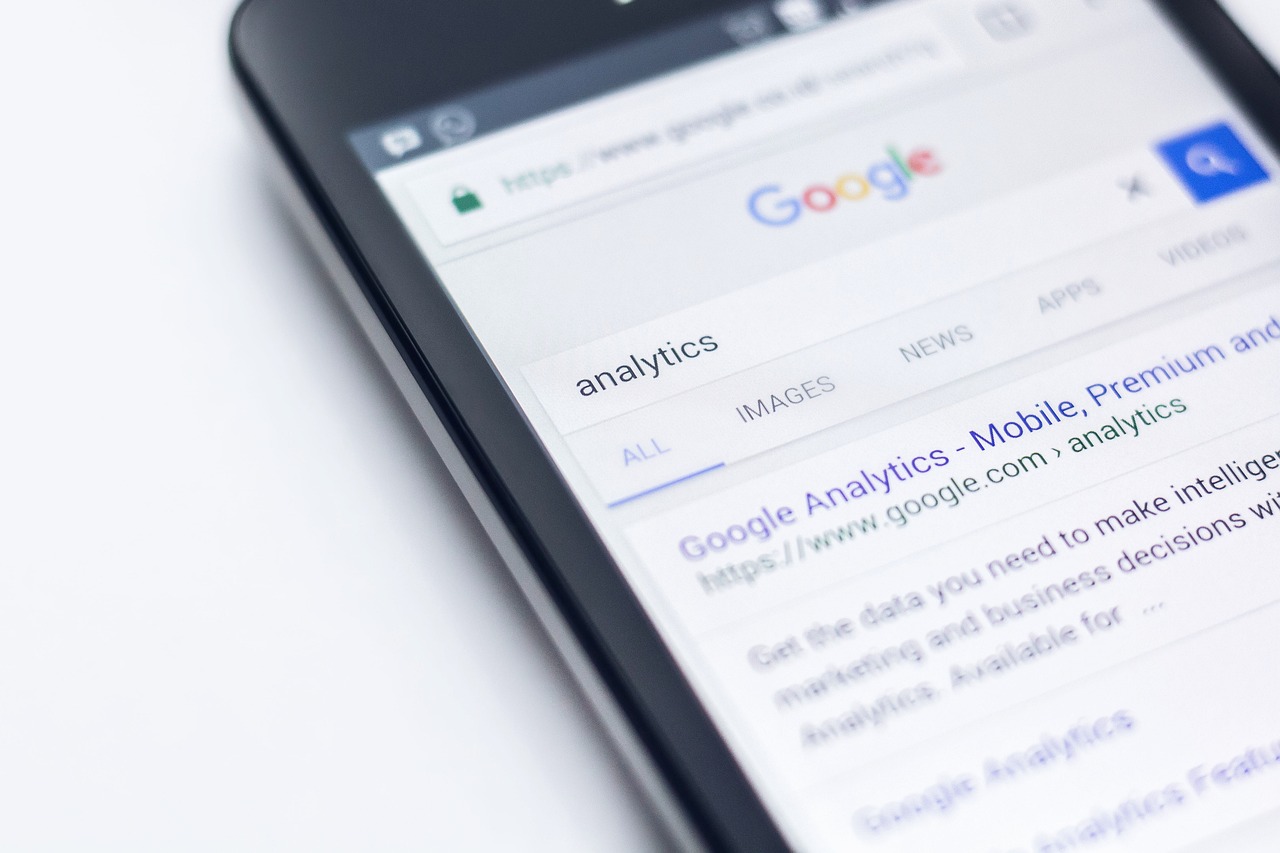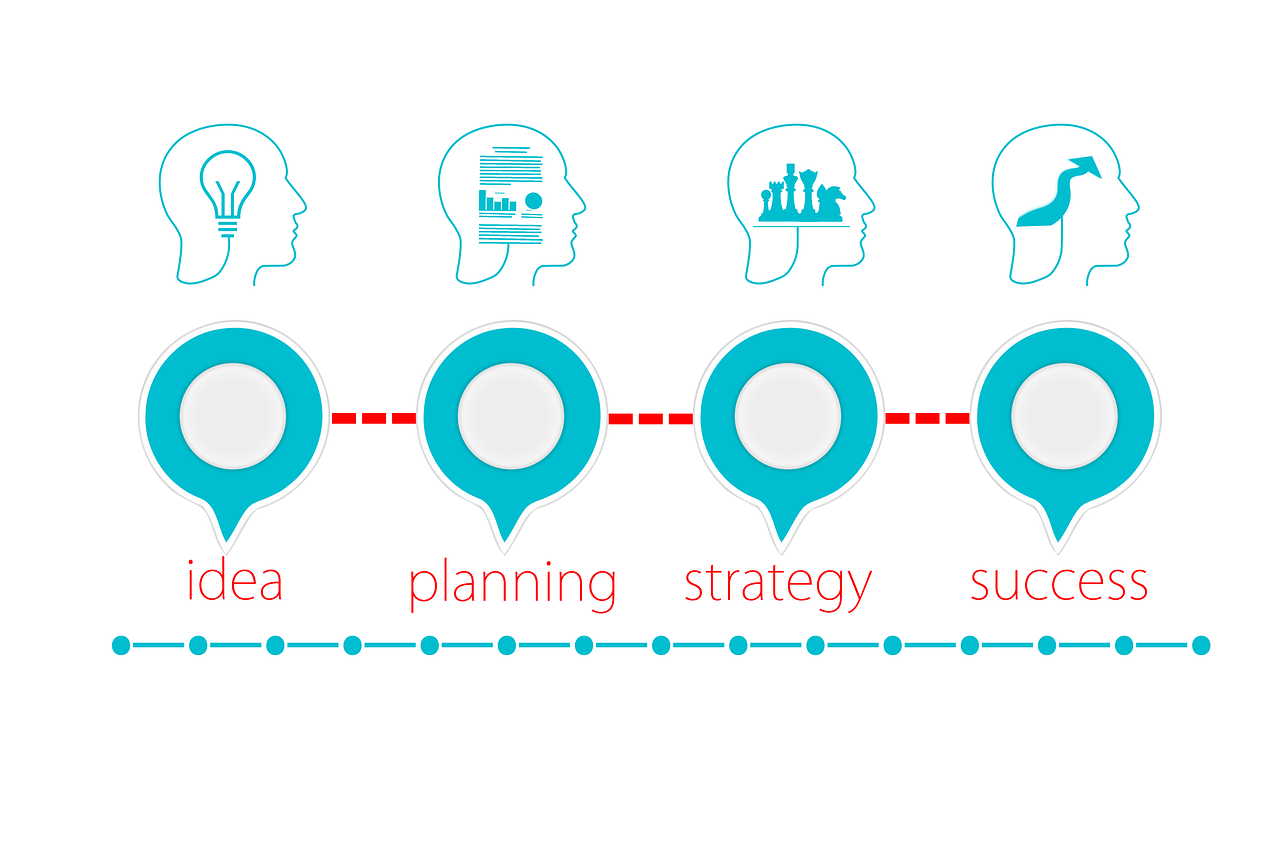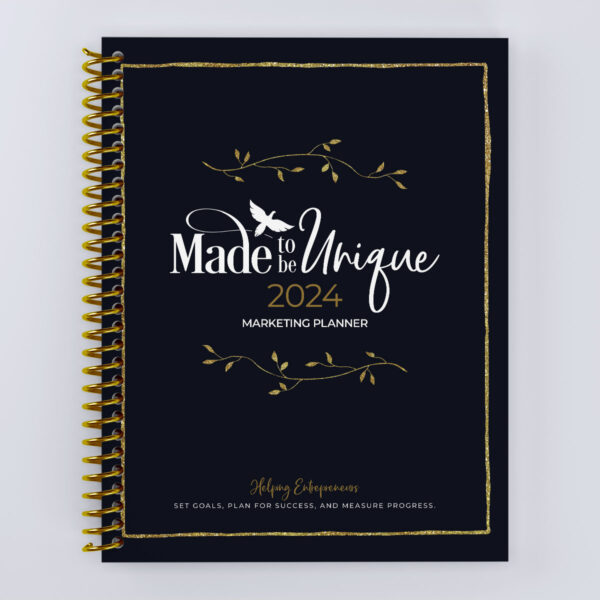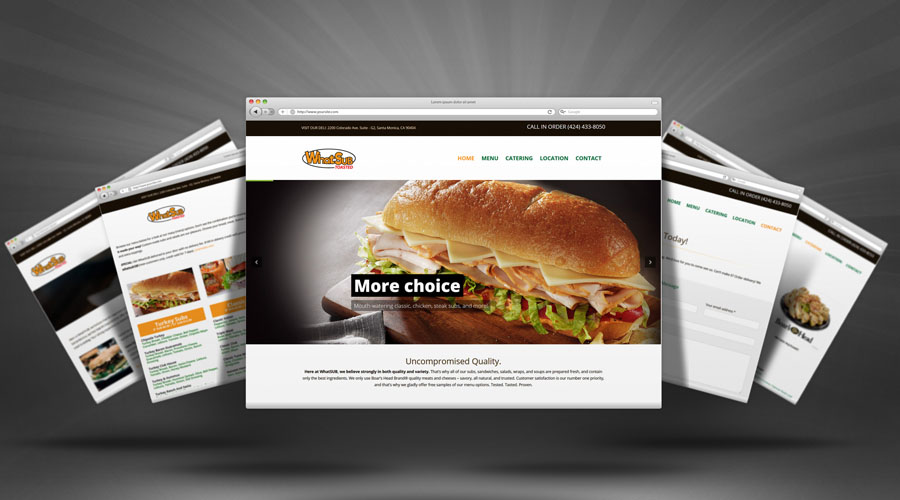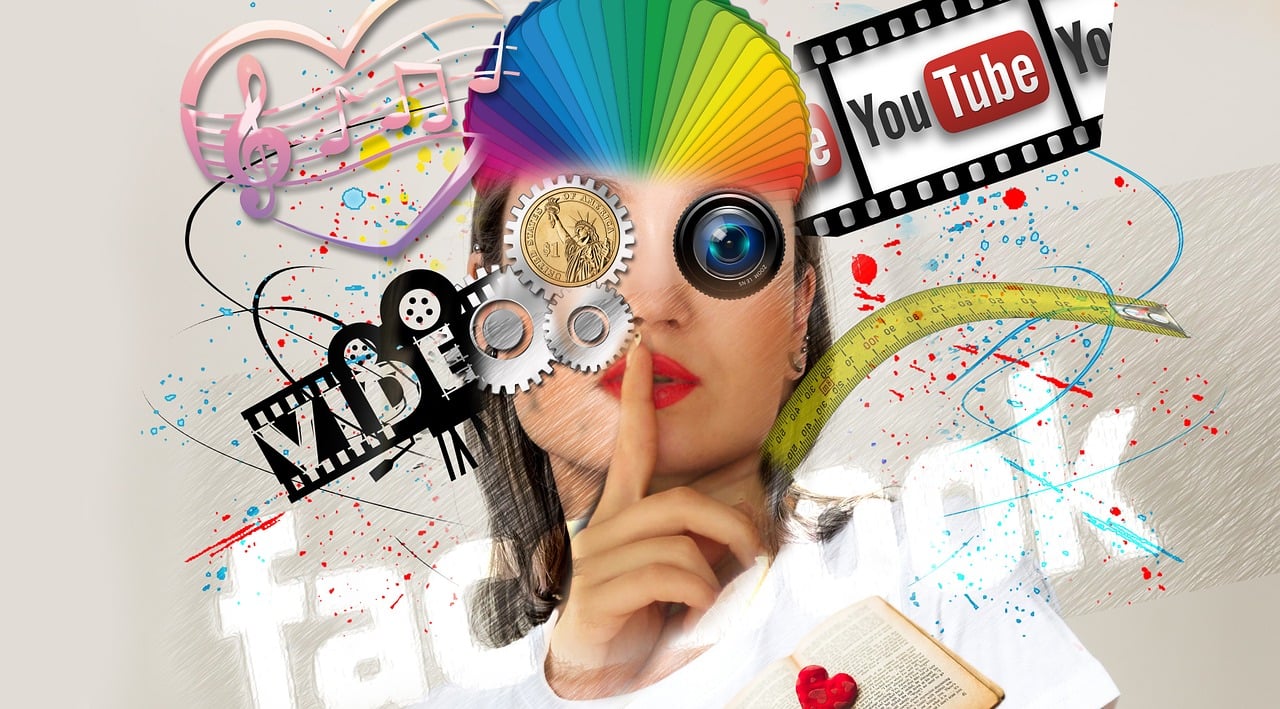
Sometimes for the right, sometimes for wrong, but in the dynamic world of marketing, the art of persuasion reigns supreme. From catchy slogans to emotionally charged visuals, advertisers employ an array of strategies to captivate audiences and drive consumer behavior. In this exploration, we’ll uncover 10 common persuasive strategies that marketers use to leave a lasting impact on our perceptions and choices.
- Emotional Appeal:
- The heartstrings are a marketer’s favorite instrument. Emotional appeal aims to forge a deep connection with consumers by triggering feelings of joy, nostalgia, or empathy. Advertisements often tell compelling stories to create an emotional bond with the audience, making the product or service more memorable.
- Pros: Establishes a deep connection with consumers, enhancing brand recall.
- Cons: Relies on subjective emotional responses, potentially leading to impulsive decisions without a rational basis.
- The heartstrings are a marketer’s favorite instrument. Emotional appeal aims to forge a deep connection with consumers by triggering feelings of joy, nostalgia, or empathy. Advertisements often tell compelling stories to create an emotional bond with the audience, making the product or service more memorable.
- Social Proof (Testimonials):
- People tend to trust the opinions and experiences of others. Testimonials, whether from satisfied customers or well-known figures, serve as social proof. These endorsements build credibility and reassure potential customers that they are making a wise decision.
- Pros: Builds credibility and trust through real-world experiences.
- Cons: May lack objectivity and be biased, presenting a selective view of product satisfaction.
- People tend to trust the opinions and experiences of others. Testimonials, whether from satisfied customers or well-known figures, serve as social proof. These endorsements build credibility and reassure potential customers that they are making a wise decision.
- Scarcity and Urgency:
- The fear of missing out (FOMO) is a powerful motivator. Creating a sense of scarcity or urgency, such as limited-time offers or exclusive deals, compels consumers to act quickly. This strategy taps into the innate desire for exclusivity and immediate gratification.
- Pros: Creates a sense of exclusivity and drives immediate action.
- Cons: Can instigate rushed decisions, potentially overlooking careful consideration of alternatives.
- The fear of missing out (FOMO) is a powerful motivator. Creating a sense of scarcity or urgency, such as limited-time offers or exclusive deals, compels consumers to act quickly. This strategy taps into the innate desire for exclusivity and immediate gratification.
- Authority Influence:
- Leveraging the influence of experts or authoritative figures can bolster a product’s credibility. Endorsements from professionals in a particular field or industry convey the message that the product is trustworthy and effective.
- Pros: Enhances product credibility and perceived expertise.
- Cons: Over-reliance on authority figures may compromise the authenticity of the endorsement.
- Leveraging the influence of experts or authoritative figures can bolster a product’s credibility. Endorsements from professionals in a particular field or industry convey the message that the product is trustworthy and effective.
- Bandwagon Effect:
- Nobody wants to feel left out. The bandwagon effect exploits the human tendency to follow the crowd. Advertisers use phrases like “Join the trend” or “Everyone’s doing it” to create a sense of belonging and encourage consumers to jump on the popular bandwagon.
- Pros: Fosters a sense of community and inclusivity.
- Cons: Encourages conformity without critical evaluation of the product’s merits.
- Nobody wants to feel left out. The bandwagon effect exploits the human tendency to follow the crowd. Advertisers use phrases like “Join the trend” or “Everyone’s doing it” to create a sense of belonging and encourage consumers to jump on the popular bandwagon.
- Logical Persuasion (Logos):
- Appealing to the rational side of the audience, logical persuasion relies on facts, data, and sound reasoning. Advertisements present information in a clear and logical manner, emphasizing the practical benefits of the product or service.
- Pros: Presents a rational case for the product, appealing to logical decision-making.
- Cons: May not resonate as strongly with emotional responses, potentially limiting its persuasive impact.
- Appealing to the rational side of the audience, logical persuasion relies on facts, data, and sound reasoning. Advertisements present information in a clear and logical manner, emphasizing the practical benefits of the product or service.
- Humor:
- Laughter is a universal language. Humorous ads grab attention and create a positive association with the brand. Whether through clever wordplay, funny scenarios, or memorable characters, humor helps to make the message more enjoyable and memorable.
- Pros: Captures attention and creates a positive brand association.
- Cons: Humor is subjective; what resonates with one audience may not with another.
- Laughter is a universal language. Humorous ads grab attention and create a positive association with the brand. Whether through clever wordplay, funny scenarios, or memorable characters, humor helps to make the message more enjoyable and memorable.
- Exclusivity and Luxury:
- Humans are drawn to the exclusive and luxurious. Marketing strategies often position products as premium or exclusive, appealing to the desire for sophistication and status. Limited editions, VIP access, and luxury branding all contribute to this persuasive approach.
- Pros: Appeals to the desire for sophistication and status.
- Cons: May alienate a portion of the market, limiting potential reach.
- Humans are drawn to the exclusive and luxurious. Marketing strategies often position products as premium or exclusive, appealing to the desire for sophistication and status. Limited editions, VIP access, and luxury branding all contribute to this persuasive approach.
- Repetition:
- The power of repetition cannot be underestimated. Repeated exposure to a message or brand reinforces its presence in the consumer’s mind. Slogans, jingles, and consistent branding contribute to building brand recognition and recall.
- Pros: Reinforces brand recognition and message retention.
- Cons: Overexposure can lead to audience fatigue and diminished effectiveness.
- The power of repetition cannot be underestimated. Repeated exposure to a message or brand reinforces its presence in the consumer’s mind. Slogans, jingles, and consistent branding contribute to building brand recognition and recall.
- Comparative Advertising:
- Putting your product in direct comparison with competitors can be an effective strategy. Whether highlighting superior features, better pricing, or customer satisfaction, comparative advertising aims to position the product as the superior choice in the market.
- Pros: Highlights product strengths and competitive advantages.
- Cons: May result in legal or ethical concerns, and potential backlash from competitors.
- Putting your product in direct comparison with competitors can be an effective strategy. Whether highlighting superior features, better pricing, or customer satisfaction, comparative advertising aims to position the product as the superior choice in the market.
Conclusion:
As small business owners, navigating the world of marketing requires a discerning eye. Be mindful of the persuasive strategies you employ, ensuring they align with your brand’s values and the actual value your product or service provides. Awareness of potential fallacies allows you to build trust with your customers, fostering long-term relationships that are the foundation of a successful business.
Our Services



